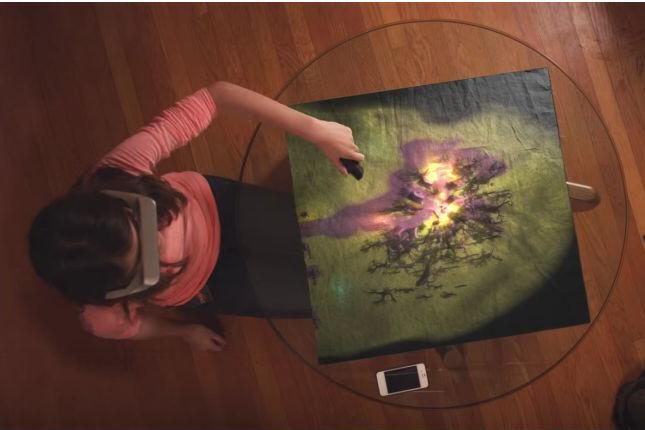
When Valve decided to put its considerable financial and developmental muscle behind virtual reality technology like SteamVR and the HTC Vive, rather than augmented reality, Ellsworth and Johnson were allowed to take their AR developments with them to found a new venture. They did so, and achieved strong early success with a well-received Kickstarter campaign and an early funding round, which saw some $15 million injected into the company (as per Polygon).
The following years also seemed to be going rather well. While encouraged to start from scratch with their developments, all that extra funding meant original backers were refunded even though prototype headsets were still sent out. Although the plan was to launch a brand-new headset as soon as the close of 2017, when it came to finding the funding for that final push across the line, it just wasn’t there.
According to reports from now former employees, the company’s main backer, finance group Playground Global, refused to provide additional funding, and a Series B round failed to generate the required investment to see the project through to completion. That left the founders in the unenviable position of informing “less than 70,” employees that they were to be let go.
A small group of employees reportedly remains on with the company for now, while it tries to sell off the core technology that CastAR has developed over the past few years.
This news is rather a surprising turn for the company, which was not only seemingly close to realizing its hardware’s potential, but also expanded as recently as late 2016. Developers from game studio Eat Sleep Play partnered with a number of former Disney and Avalanche developers to found a new augmented reality studio working under the CastAR banner. They too have been let go as part of this move.
While we have yet to hear any big, official announcement on this news and why CastAR has struggled financially as of late, its failings could be representative of the augmented reality market not being quite ready for prime time yet. When we spoke with HTC about its possible venture into AR, head of Vive Dan O’ Brien told us that we’re still a few years away from it becoming viable.



